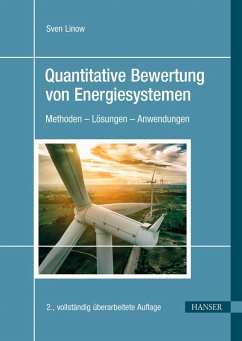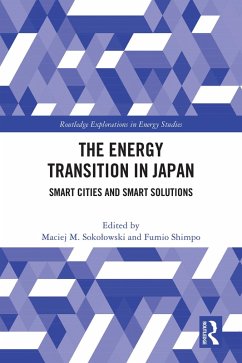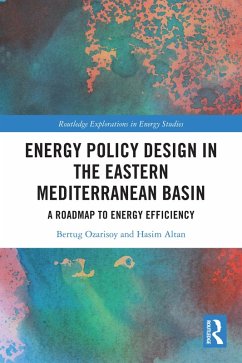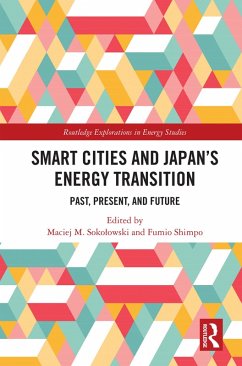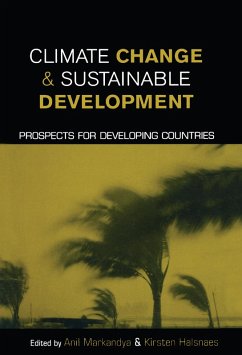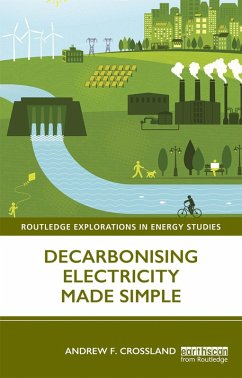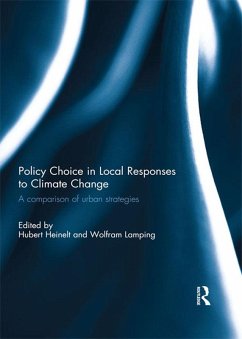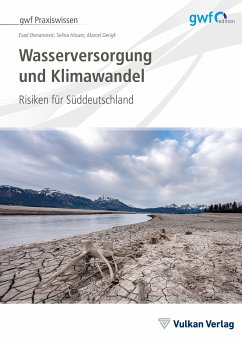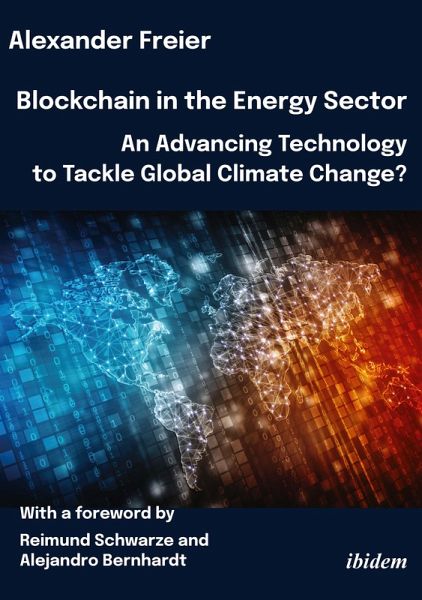
Blockchain in the Energy Sector: An Advancing Technology to Tackle Global Climate Change? (eBook, PDF)
With a foreword by Reimund Schwarze

PAYBACK Punkte
0 °P sammeln!
Renewable energy sources have become a key research focus in the field of global environmental governance. Within this context, new technical innovations seek to overcome challenges resulting from volatile renewable energy production and a lack of storage capacities. Blockchain, a distributed ledger technology using cryptography, has gained prominence as an integral component within the increasingly decentralized and digitalized global energy infrastructure. Against this background, Alexander Freier argues that the application of blockchain technologies represents a viable option to enhance th...
Renewable energy sources have become a key research focus in the field of global environmental governance. Within this context, new technical innovations seek to overcome challenges resulting from volatile renewable energy production and a lack of storage capacities. Blockchain, a distributed ledger technology using cryptography, has gained prominence as an integral component within the increasingly decentralized and digitalized global energy infrastructure. Against this background, Alexander Freier argues that the application of blockchain technologies represents a viable option to enhance the efficiency and balancing of renewable energy as well as to subsequently reduce greenhouse gas (GHG) emissions if the following three components are met: the ongoing implementation of technological advancements, an adequate global normative framework, and general trust on the part of key market actors to promote blockchain in the energy sector on a global scale. Departing from an analysis of the relationship between climate change and energy, Freier conducts a legal analysis to explore possible "bottom-up" perspectives for the implementation and transfer of technological innovation derived from climate contracts. This analysis examines the technological infrastructure surrounding blockchain energy as well as its application to the Brooklyn Microgrid in the US and the WindNODE trading platform in Germany from an International Relations perspective.
Dieser Download kann aus rechtlichen Gründen nur mit Rechnungsadresse in A, B, BG, CY, CZ, D, DK, EW, E, FIN, F, GR, HR, H, IRL, I, LT, L, LR, M, NL, PL, P, R, S, SLO, SK ausgeliefert werden.




